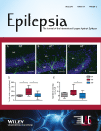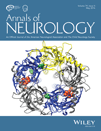
A Parkinson’s researcher has earned his fourth retraction after receiving a two-year suspended sentence for fraud.
The sentence for Bruce Murdoch, issued on March 31, 2016, came following an investigation by his former employer, the University of Queensland (UQ) in Australia, into 92 papers. Murdoch entered guilty pleas for 17 fraud-related charges, which resulted in the retraction of three papers co-authored by Murdoch and Caroline Barwood, another former UQ Parkinson’s researcher who faced fraud charges (and was granted bail in 2014).
Now, a fourth retraction has appeared for Murdoch in Brain Injury, this time for duplication and failing to obtain consent from his co-authors.
Here’s the retraction notice, issued on July 11: Continue reading 4th retraction for neuroscientist sentenced for fraud

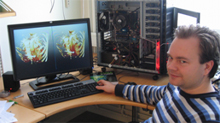

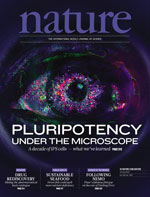
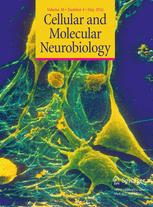
 JAMA has announced it does not intend to retract a 2005 review article about fetal pain, despite requests from anti-abortion activists who claim it has been misused in debates about the procedure.
JAMA has announced it does not intend to retract a 2005 review article about fetal pain, despite requests from anti-abortion activists who claim it has been misused in debates about the procedure.